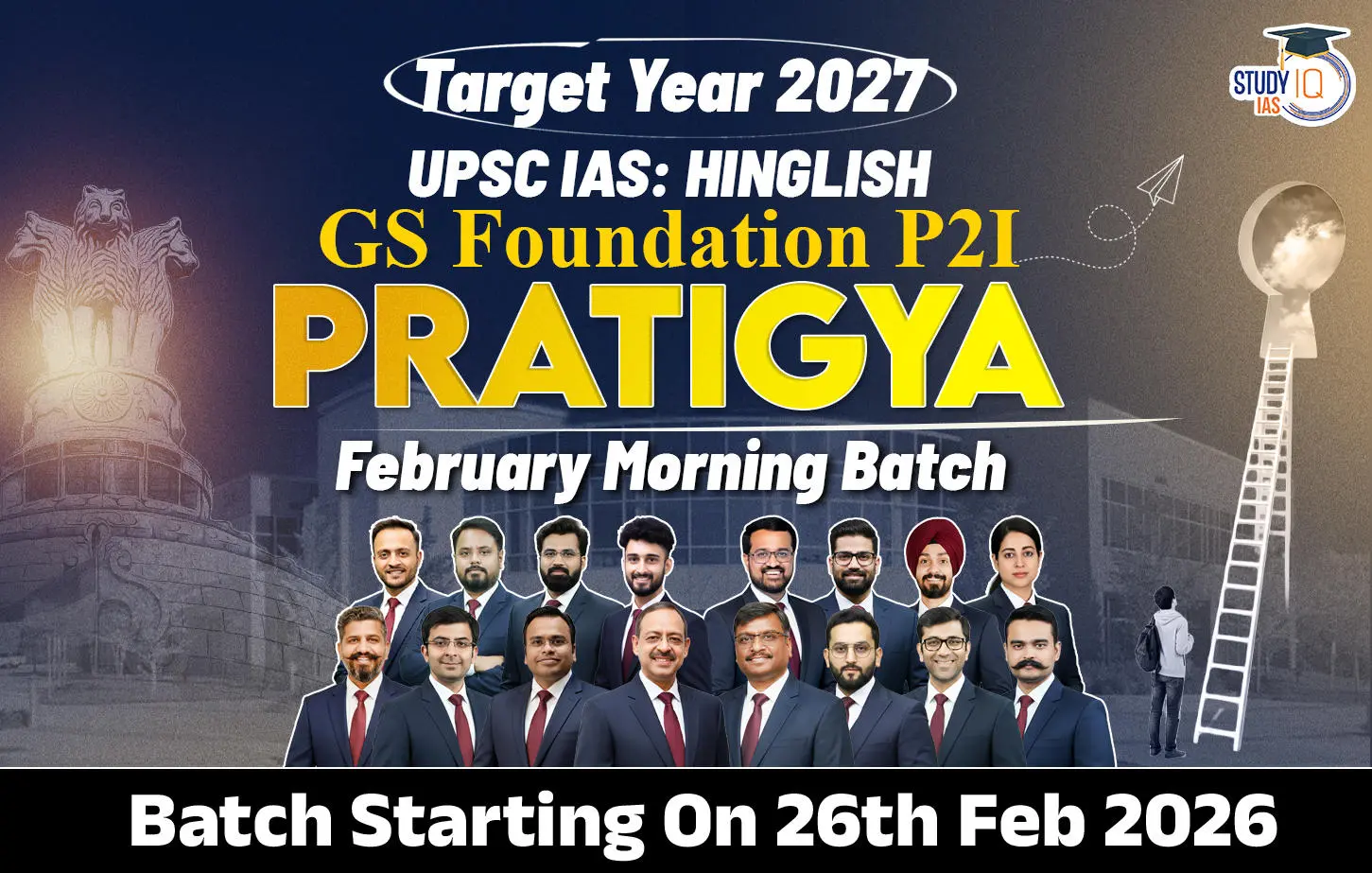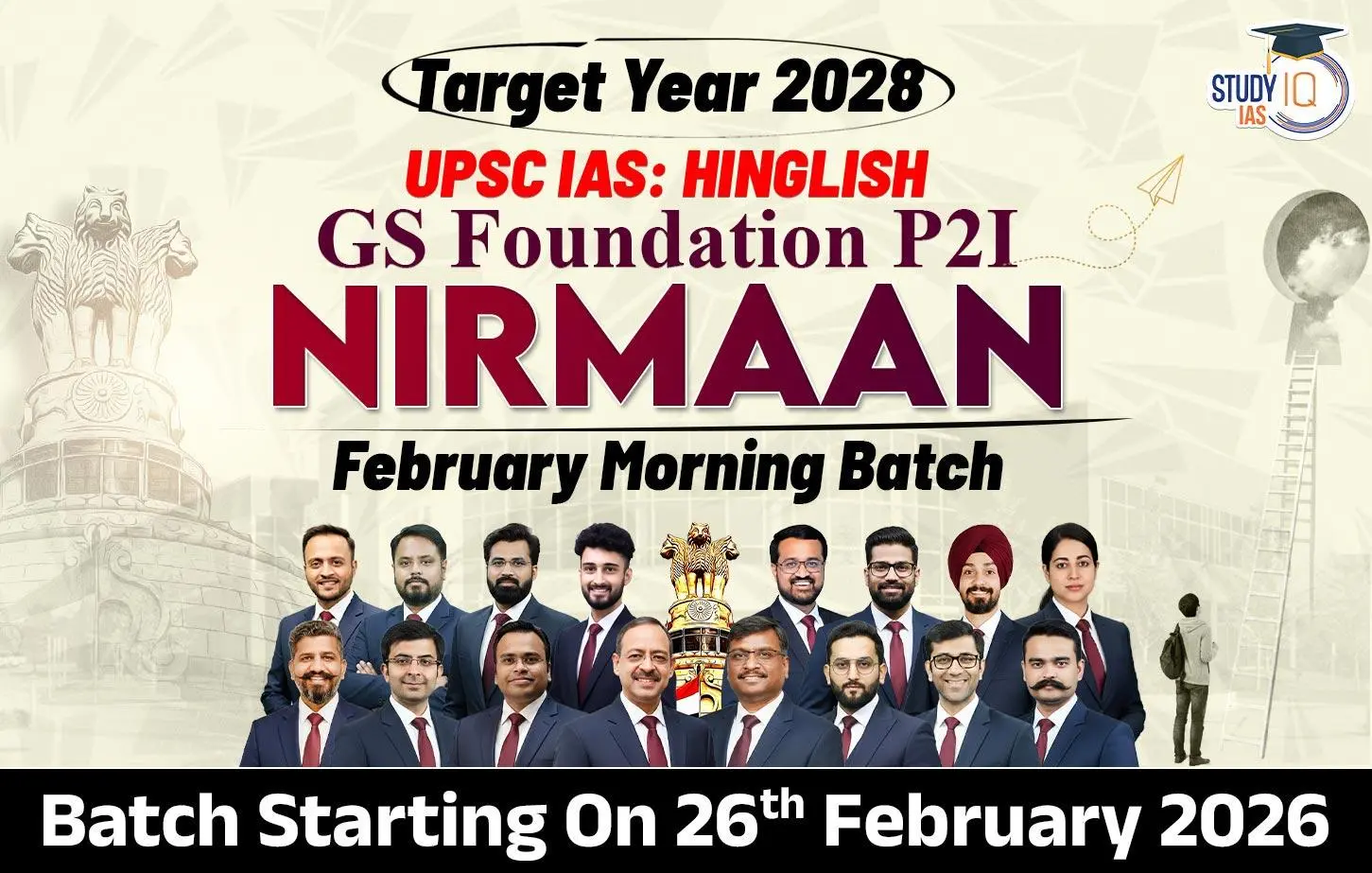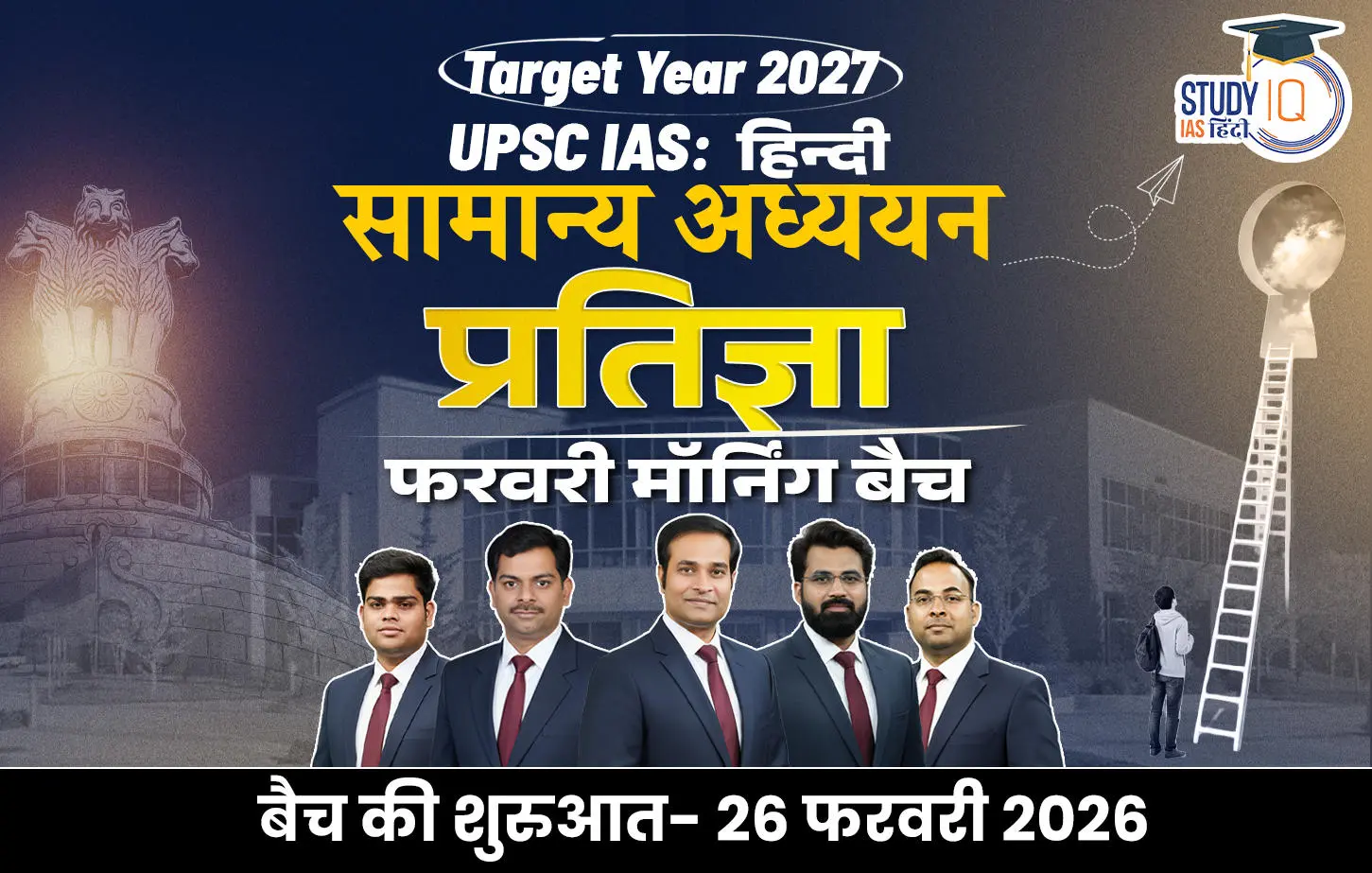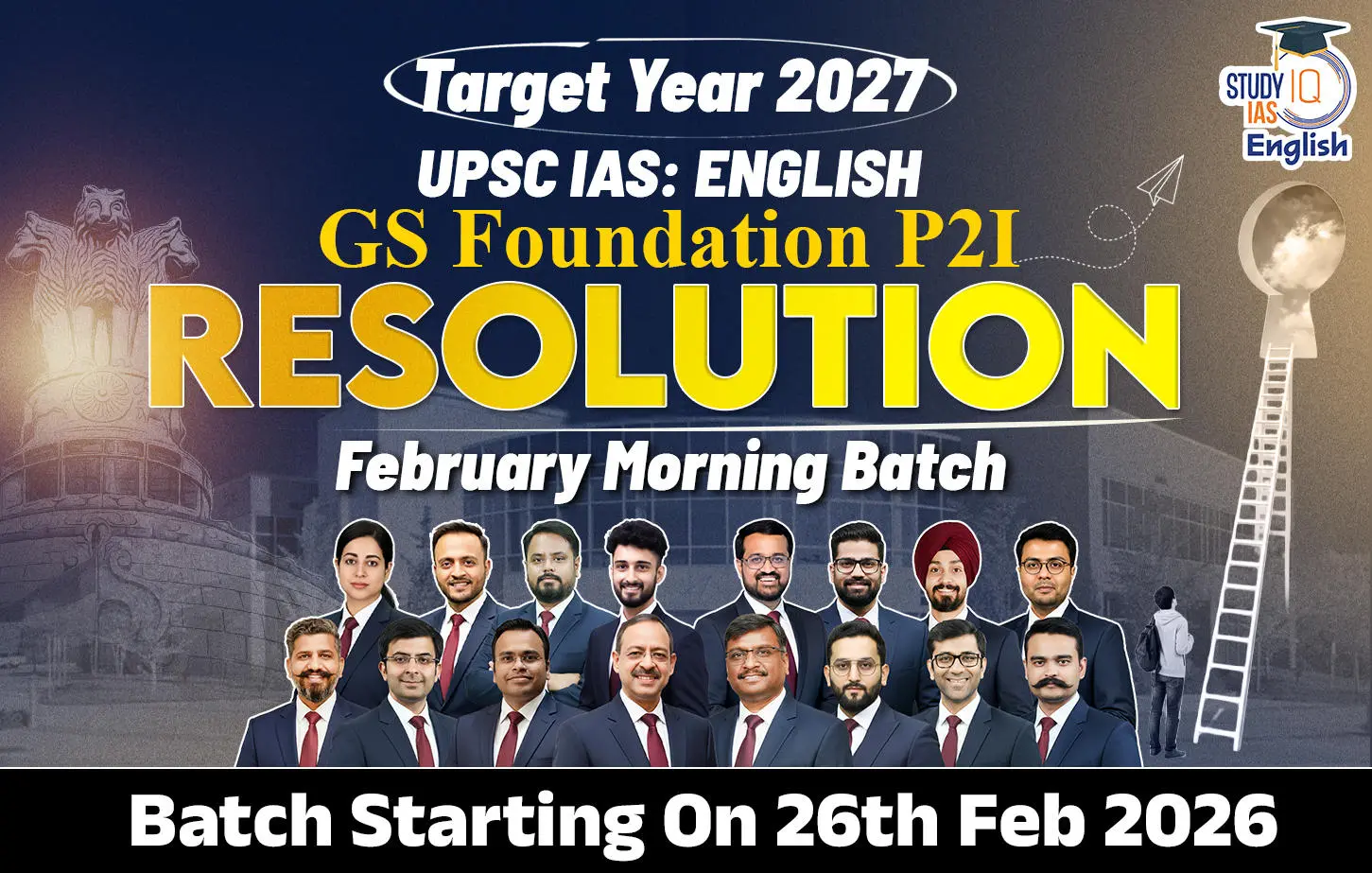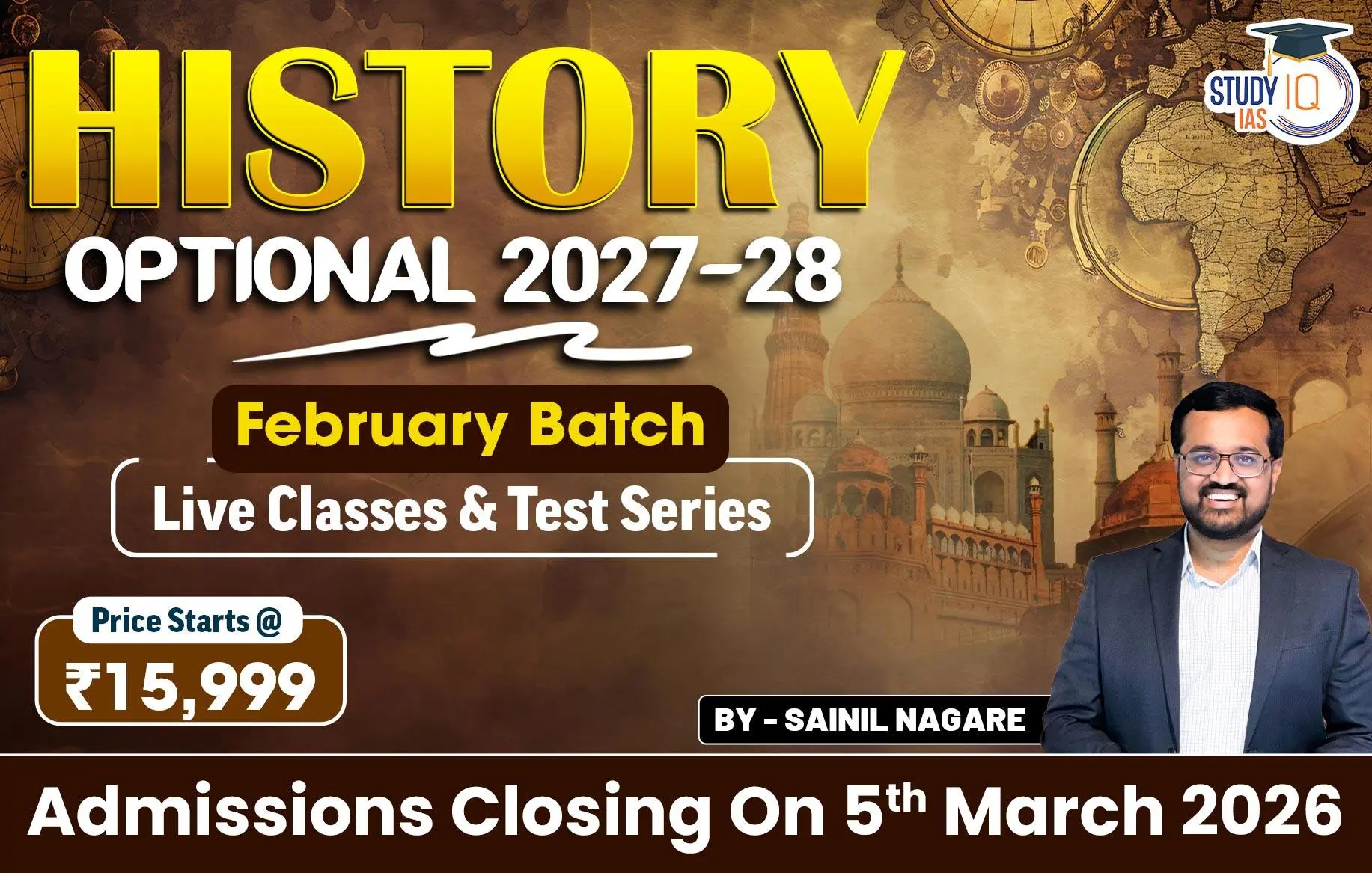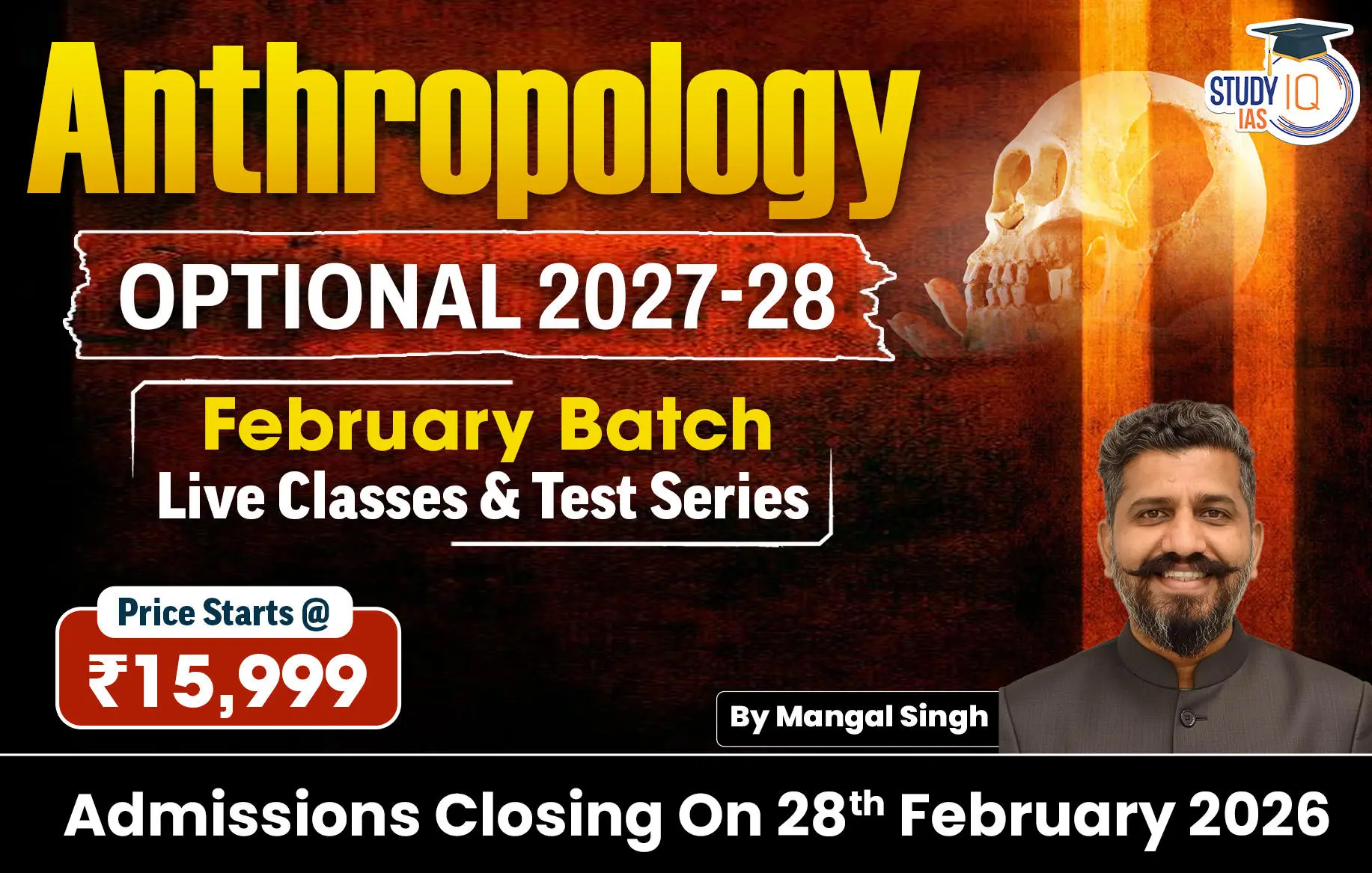Table of Contents
UNSC Reforms: Multilateral Groups- G4, L69, C10
Context: The Group of Four (G4) countries have intensified their calls for comprehensive reform of the United Nations Security Council (UNSC) as the UN approaches its 80th anniversary in 2025.
About G-4
- It is a group of 4 countries: Brazil, Germany, India, and Japan.
- Objective: To support each other’s bids for permanent seats on the UNSC.
- Formation: The G4 was formed in
- Meetings: The G4 generally meets on the sidelines of the annual UN General Assembly session.
- Proposals: The G4 has proposed increasing the UNSC’s membership from 15 to 25, by adding 6 permanent and 4-5 non-permanent members.
L-69 Grouping
- It is a group of developing countries which advocate for reform of the United Nations Security Council (UNSC):
- Membership: It includes countries from Africa, Asia, Latin America, the Caribbean and the Pacific.
- Goals:
- To make the UNSC more representative, accountable and effective.
- Making the UNSC more representative
- Expanding the UNSC with more permanent and non-permanent members
- Achieving equitable geographical representation
- India is a member of the L-69 Group.
About C 10 Grouping
- Members (10): Algeria, Congo, Equatorial Guinea, Kenya, Libya, Namibia, Sierra Leone, Senegal, Uganda and Zambia.
- Goal: Push for better representation of Africa in UNSC, in line with the Common African Position outlined in the Ezulwini Consensus and the Sirte Declaration.
- Ezulwini Consensus:
- It was adopted in March 2005 in Addis Ababa.
- The Ezulwini Consensus called for Africa to have at least 2 permanent seats and 5 non-permanent seats on the Security Council.
- Sirte Declaration:
- It was adopted in July 2005, It also reiterated the need for the same number of seats for African states as the Ezulwini Consensus.
- Ezulwini Consensus:
| United Nations Security Council (UNSC) |
|
Technology Development Fund
Context: DRDO is currently funding 5 high-value deep tech innovation projects, with each having been allotted a maximum of ₹50 crore to promote indigenisation of defence products having long-term positive impact on national security. They are getting funded under the Technology Development Fund.
About Technology Development Fund (TDF)
- Nodal Ministry: Ministry of Defence of India
- Executed by: Defence Research and Development Organisation (DRDO).
- Objective:
- To boost the defence manufacturing sector by encouraging innovation in defence technologies.
- To promote self-reliance in defence technology.
- Funding: It provides grants-in-aid to the industry for the development of indigenous technology. The DRDO bears 90% of the cost of the project.
- Target industries: Encourages participation from public and private industries, especially MSMEs and startups.
- Intellectual property rights (IPR): The industry and DRDO jointly hold the IPR for the developed products.
| What is Deep Tech Research ? |
|
Eastern Rajasthan Canal Project (ERCP)
Context: A new memorandum of agreement will soon be signed between the Rajasthan and Madhya Pradesh governments to implement a revised version of the Eastern Rajasthan Canal Project (ERCP).
About ERCP
- It is a water supply project in Rajasthan that aims to increase irrigation and water availability for drinking and industrial purposes.
- Objectives:
- Water Supply: To provide reliable drinking and industrial water to 13 districts in eastern Rajasthan, which face severe water shortages.
- Irrigation: To enhance irrigation facilities across approximately 2.8 lakh hectares of agricultural land in both Rajasthan and Madhya Pradesh.
- Key Features:
- Intra-Basin Water Transfer: The ERCP focuses on transferring surplus monsoon water from rivers in southern Rajasthan, such as the Chambal, Kalisindh, Parvati to water-deficit sub-basins including Banas, Gambhiri, Banganga and Parbati.
- Estimated Cost: Around ₹40,000 to ₹51,000 crore. There have been discussions about declaring it a national project to facilitate a cost-sharing ratio of 90:10 between the central government and the state.
GloBE Network
Context: India was elected to the 15-member GlobE Steering Committee during the plenary session held in Beijing recently after a multistage voting process. As a member of the Steering Committee, India will play a crucial role in shaping the global agenda against corruption and asset recovery
About GloBE Network
- It stands for Global Operational Network of Anti-Corruption Law Enforcement Authorities.
- It is a platform that helps law enforcement agencies from around the world work together to fight corruption:
- Launch: June 3, 2021, I is an Initiative of G-20.
- Goals:
- Strengthening the global response to corruption
- Enabling law enforcement to detect, investigate, and prosecute cross-border corruption.
- Members: All UN Member States and States parties to the UN Convention against Corruption (UNCAC).
- Support: The United Nations Office against Drugs and Crime (UNODC) supports the GloBE Network by providing its secretariat.
- Structure: It is governed by its members, who are led by a Steering Committee that includes a Chair, Vice-Chair, and up to 15 country members.

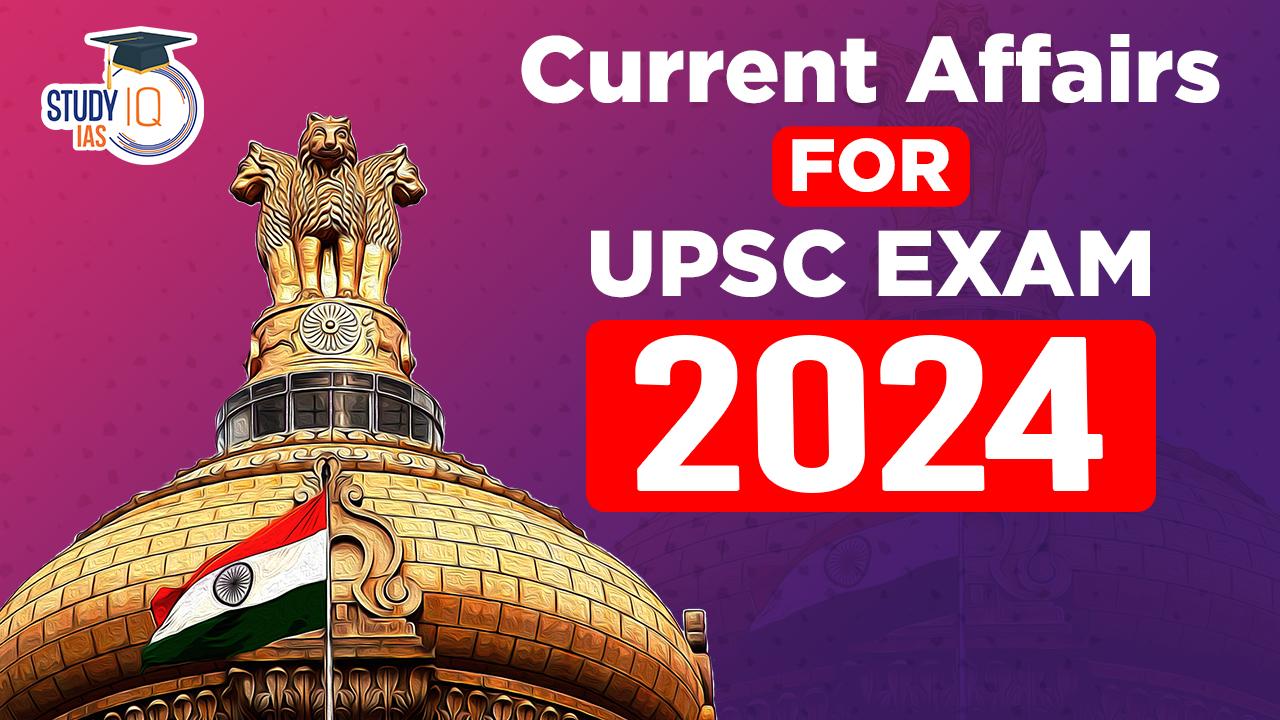
 Graphic Processing Units (GPUs) – Work...
Graphic Processing Units (GPUs) – Work...
 Gold Imports and the Indian Economy – ...
Gold Imports and the Indian Economy – ...
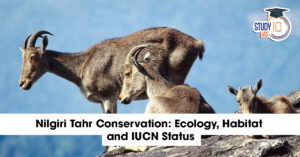 Nilgiri Tahr Conservation: Ecology, Habi...
Nilgiri Tahr Conservation: Ecology, Habi...
